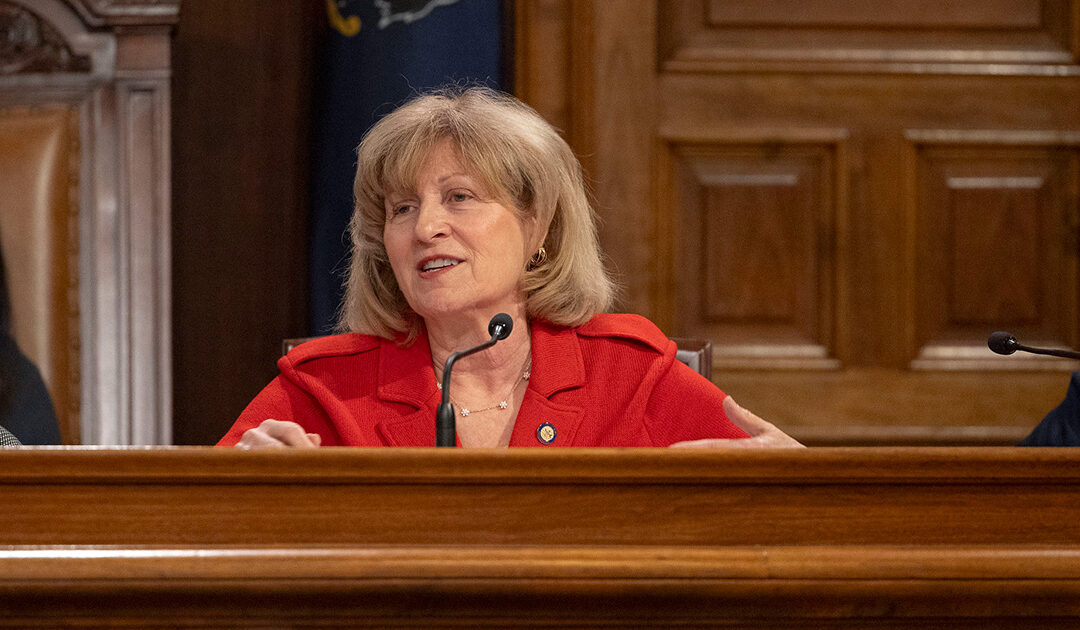Harrisburg — May 22, 2024 — Yesterday, the Pennsylvania House of Representatives approved SB 721, which establishes a permanent advisory board for the Special Supplemental Nutrition Program for Women, Infants, and Children (WIC).
WIC offers federal funding to states to provide supplemental foods, health care referrals, and nutrition education to low-income pregnant, breastfeeding, and postpartum women, as well as to infants and children under the age of five who are identified as being at nutritional risk.
In response to declining enrollment and input from providers, state Sen. Judy Schwank (D-Berks) and state Sen. Michele Brooks (R-Mercer) introduced the bill to create the Women, Infants, and Children State Advisory Board (WICSAB). The board will review the impact of the WIC program and recommend improvements to ensure as many Pennsylvanians as possible have access to the health services provided by WIC.
A companion to SB 721 was introduced in the Pennsylvania House of Representatives by Rep. Donna Bullock (D-Philadelphia) and Rep. Johanny Cepeda-Freytiz (D-Berks). The lawmakers applauded the passage of the bill and highlighted the impact it will have on the health and well-being of countless Pennsylvanians.
Schwank highlighted the importance of this bi-partisan legislation and thanked Brooks for partnering with her on the bill.
“Ensuring that infants and children get a healthy start in life is one of the most impactful things we can do as state legislators,” said Schwank. “I’ve seen firsthand the positive impact WIC makes in the lives of my constituents. The advisory board will make sure we are evolving to meet the needs of Pennsylvanians and prevent further participation declines in the commonwealth.”
“This legislation will help to ensure that we’re taking full advantage of the federal funding we receive for WIC in the commonwealth,” said Bullock. “As things stand, we are failing to maximize the benefits that WIC can provide for our single parents and struggling families. By establishing this board and modernizing and updating the process from top to bottom, we can get families who need assistance the support they need.”
“We must work together to improve the WIC program in Pennsylvania to better support our most vulnerable families,” said Cepeda-Freytiz. “Enrollment has steadily decreased over the past four years because our system is outdated and fails to serve those in need. Families struggle with a cumbersome process that requires up to seven forms of documentation for eligibility. The passing of SB 721 will start to address these issues by establishing a WIC Advisory Board and streamlining the application process to better support women and children.”
###

